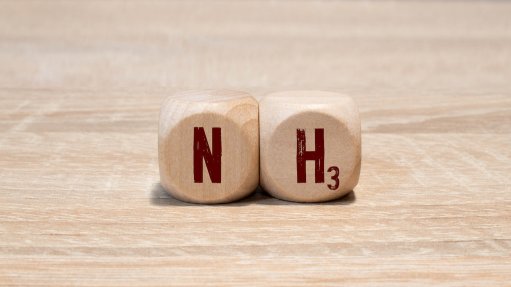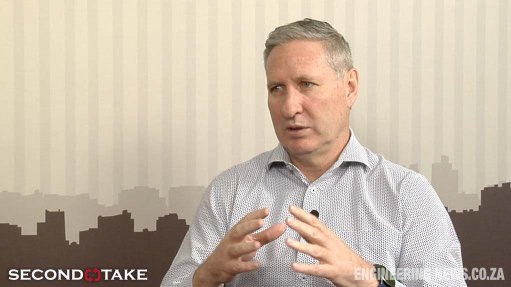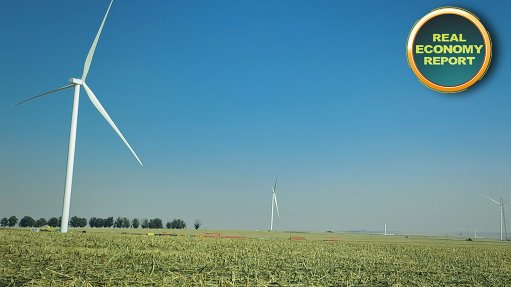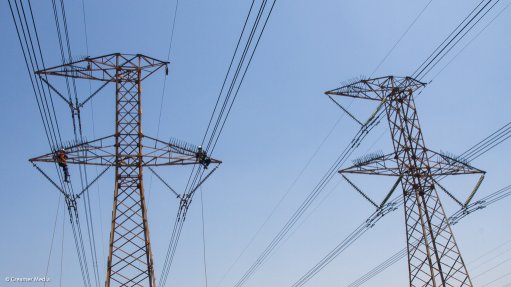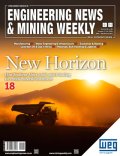Nontariff barriers in Africa
Is it not strange how quickly we get accustomed to terminology that rolls off our tongues and finds its way into our writings and yet we do not even know its true meaning? The term ‘nontariff barriers’ (NTBs) arguably falls into this category.
What are NTBs, which the United Nations Conference on Trade and Development (Unctad) divides into 16 categories, ranging from measures favouring domestic industries and intellectual property to measures on plant and animal health.
According to the Institute for Government, an NTB is any measure, other than a customs tariff, that acts as a barrier to international trade. There are, essentially, three categories, namely regulations, rules of origin and quotas. Regulations are any rules which dictate how a product can be manufactured, handled or advertised, while rules of origin are rules which require proof that good were produced in a particular country and quotas are rules that limit the amount of a certain product that can be sold in a given market.
Now that I have explained what NTBs are, would you say that they are the same as nontariff measures (NTMs)? You may well believe that the two terms are interchangeable or you may have been told so, but are they really interchangeable? The Institute for Government contends that, technically, the two terms are different. The reasoning offered is that some NTMs are not actually barriers to trade, but can, in fact, increase the volume of trade. As an example, a country might require that all food items be labelled in a specific manner. While such a requirement, or stipulation, may introduce an administrative burden, and possibly a cost as well, on imported goods, it may also give domestic consumers greater confidence in the product, leading them to buy it. The reason for such confidence is that domestic consumers see that imported products conform to domestic standards.
Returning to NTBs – you might well ask whether they matter. In 1949, the average rate of customs duty in the US was 33.9%, compared with 3.5% today. In comparison, the average rate of customs duty is 5.3% in the European Union (EU) and 9.5% in the People’s Republic of China.
NTBs can be more restrictive for trade than actual tariffs. According to the Institute for Government, with the exception of a few sensitive products where tariffs remain high, it is NTBs that are the real impediment to international trade today.
A 2009 Unctad study on the trade policies of 91 countries found that, for the sample used, NTBs were equivalent to a 12% rate of customs duty. The study also found that NTBs contributed more than twice as much as tariffs to overall market access trade restrictiveness.
So, can these NTBs be removed? If recent international trade negotiations are anything to go by, NTBs are becoming increasingly prominent in negotiations. According to the Institute for Government, during the Transatlantic Trade and Investment Partnership, which was negotiated between the EU and the US, the EU aimed to remove the 1.25% rate of customs duty on motor vehicles. But more important were the NTBs, which added 26% to 27% to the cost of selling cars to the US.
If you trade in Africa, particularly with countries in the Common Market for Eastern and Southern Africa, the East African Community and the Southern African Development Community, you are able to report, monitor and play your part in eliminating NTBs. These regional economic communities are integrating the economies of their member States into a single enlarged market through the grand Tripartite Free Trade Area (TFTA).
There is a dedicated website, https://www.tradebarriers.org, for The Mechanism for Reporting, Monitoring and Eliminating Non-Tariff Barriers in the TFTA. The website states: “This Web-based NTBs reporting, monitoring and eliminating mechanism is accessible to economic operators, government functionaries, academic researchers and other interested parties.”
Article Enquiry
Email Article
Save Article
To advertise email advertising@creamermedia.co.za or click here
Comments
Press Office
Announcements
What's On
Subscribe to improve your user experience...
Option 1 (equivalent of R125 a month):
Receive a weekly copy of Creamer Media's Engineering News & Mining Weekly magazine
(print copy for those in South Africa and e-magazine for those outside of South Africa)
Receive daily email newsletters
Access to full search results
Access archive of magazine back copies
Access to Projects in Progress
Access to ONE Research Report of your choice in PDF format
Option 2 (equivalent of R375 a month):
All benefits from Option 1
PLUS
Access to Creamer Media's Research Channel Africa for ALL Research Reports, in PDF format, on various industrial and mining sectors
including Electricity; Water; Energy Transition; Hydrogen; Roads, Rail and Ports; Coal; Gold; Platinum; Battery Metals; etc.
Already a subscriber?
Forgotten your password?
Receive weekly copy of Creamer Media's Engineering News & Mining Weekly magazine (print copy for those in South Africa and e-magazine for those outside of South Africa)
➕
Recieve daily email newsletters
➕
Access to full search results
➕
Access archive of magazine back copies
➕
Access to Projects in Progress
➕
Access to ONE Research Report of your choice in PDF format
RESEARCH CHANNEL AFRICA
R4500 (equivalent of R375 a month)
SUBSCRIBEAll benefits from Option 1
➕
Access to Creamer Media's Research Channel Africa for ALL Research Reports on various industrial and mining sectors, in PDF format, including on:
Electricity
➕
Water
➕
Energy Transition
➕
Hydrogen
➕
Roads, Rail and Ports
➕
Coal
➕
Gold
➕
Platinum
➕
Battery Metals
➕
etc.
Receive all benefits from Option 1 or Option 2 delivered to numerous people at your company
➕
Multiple User names and Passwords for simultaneous log-ins
➕
Intranet integration access to all in your organisation






